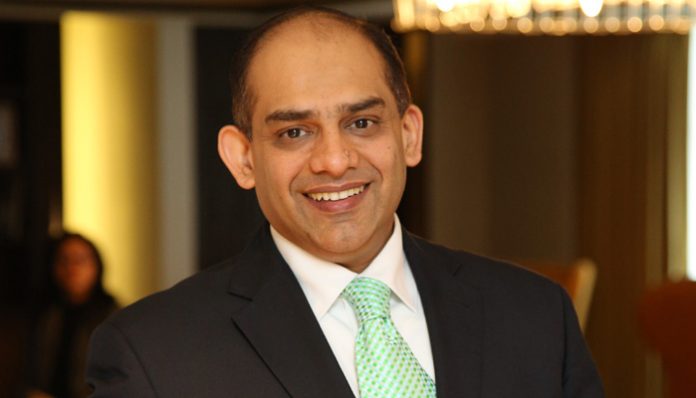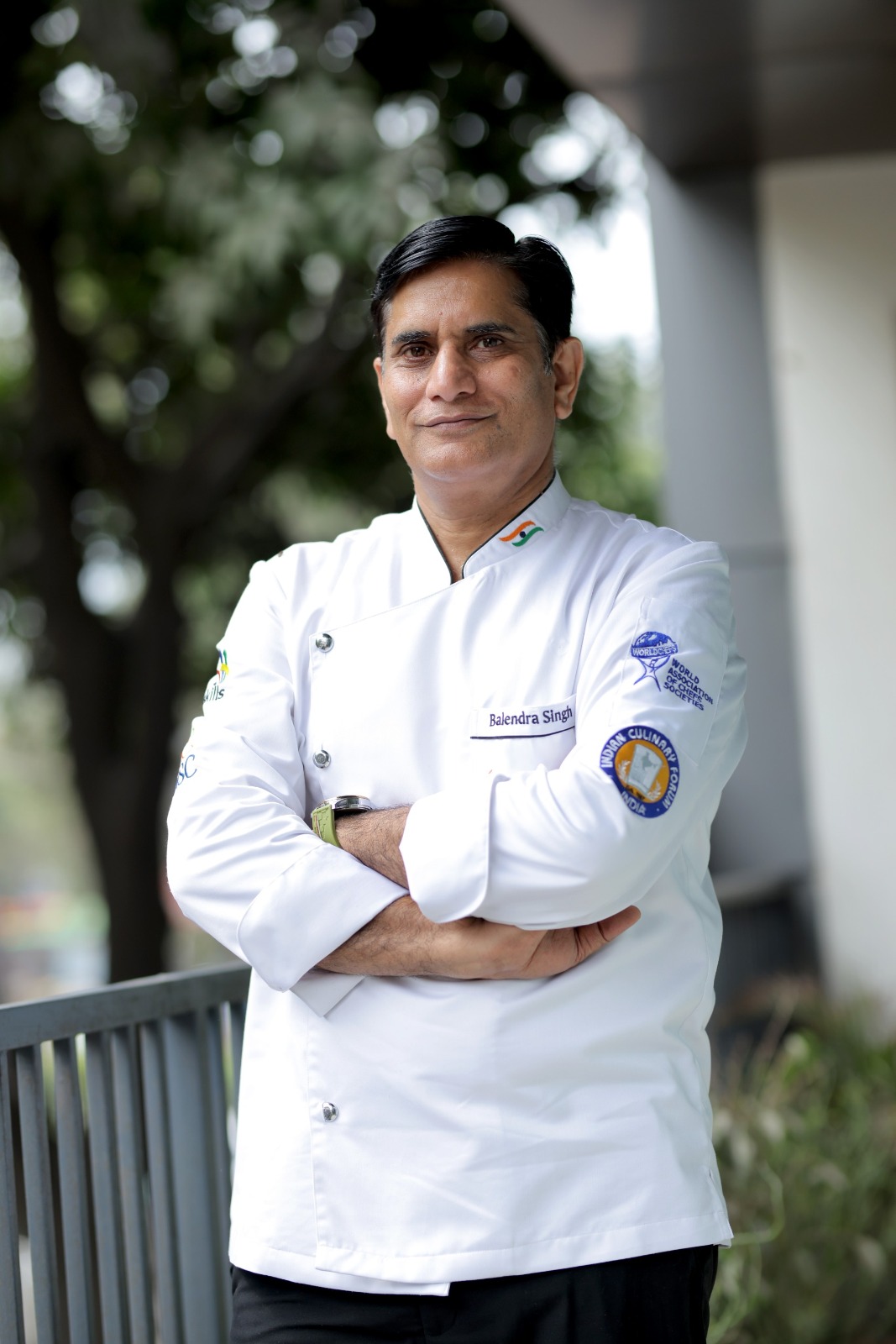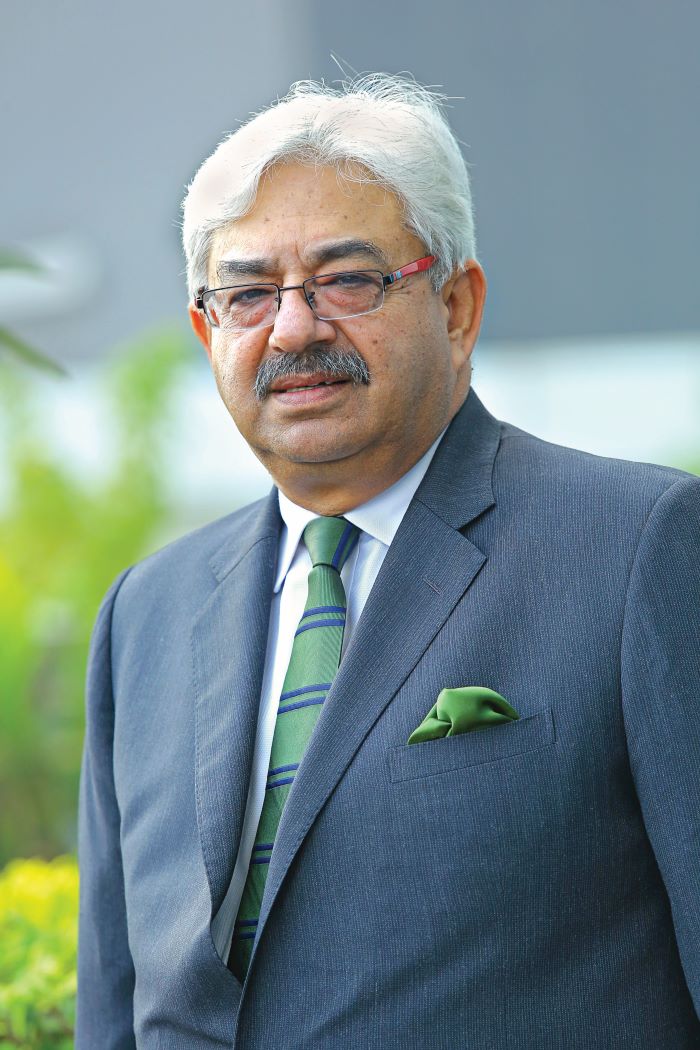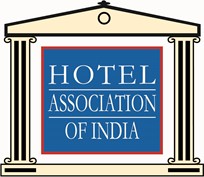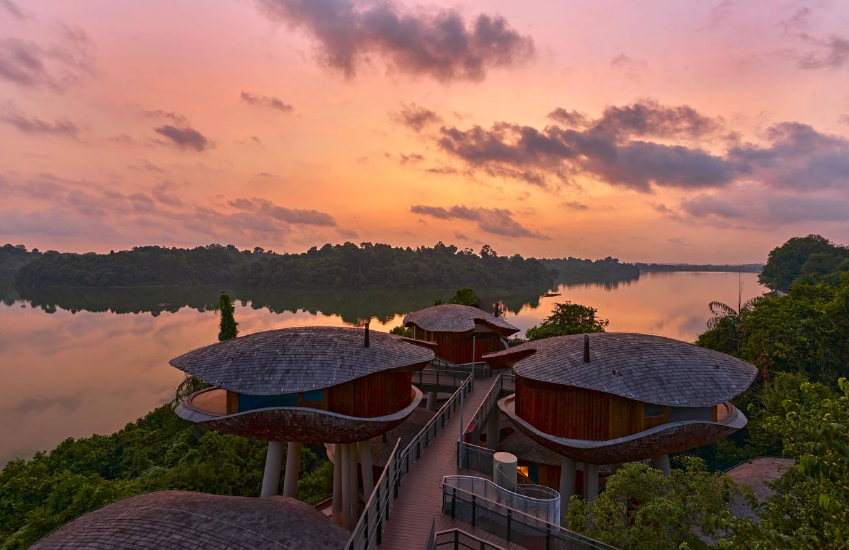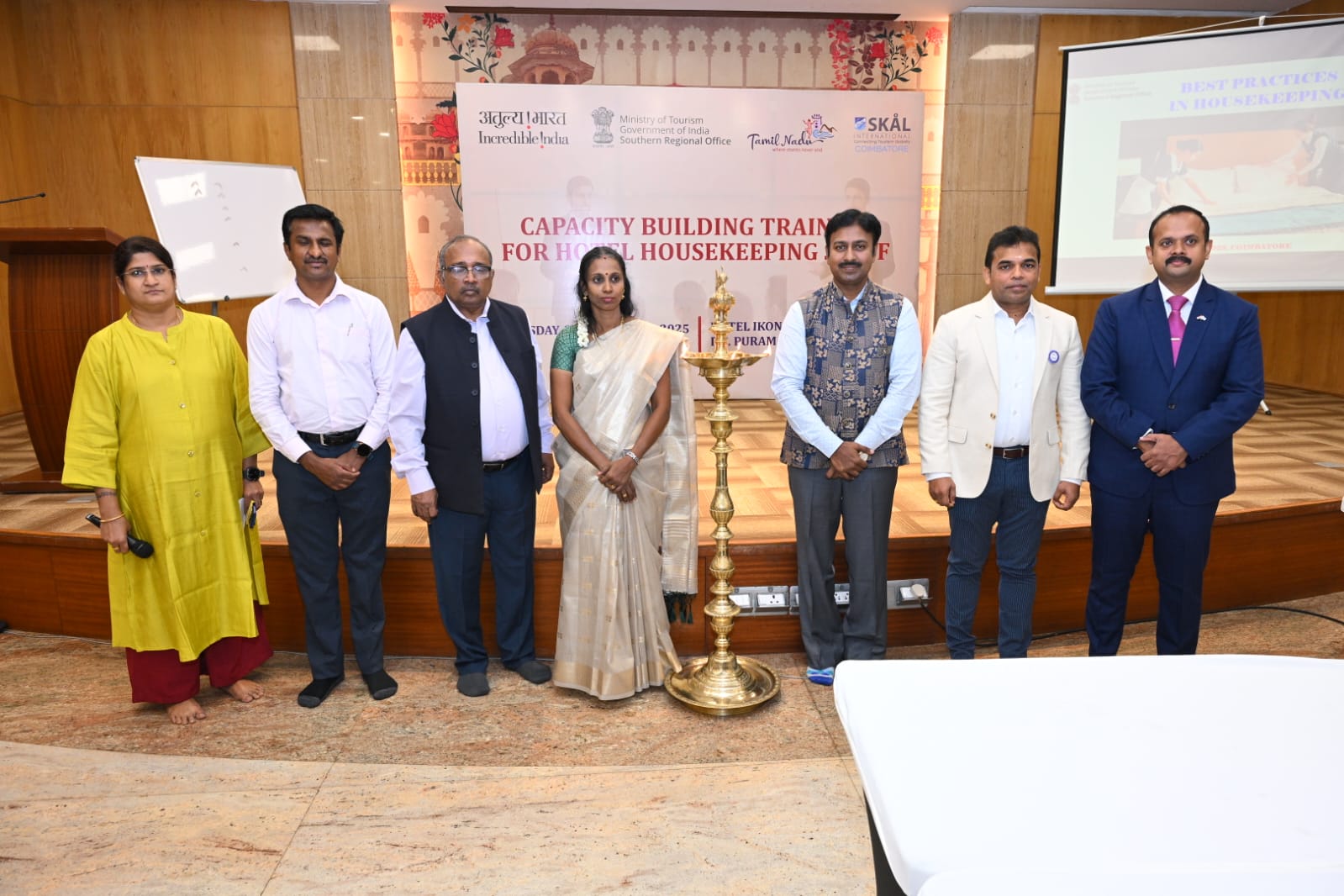Pallav Singhal, Hotel Manager, Fairfield by Marriott Belagavi, talks about Marriott’s recent entry into this city of Karnataka and how the hotel continues to weather the liquor ban storm while keeping business going.
Why Belagavi for Marriott?
Belagavi is the commercial hub and divisional headquarters of North Karnataka, ranking second to Bengaluru in terms of automotive exports. As Belagavi grows as a business and leisure destination, there is a great demand for higher quality mid-range accommodation in the city.
What differentiates you from other hotels in the city?
Located amidst breathtaking landscapes and just adjacent to the Pune-Bengaluru national highway, Fairfield by Marriott Belagavi offers 114 guest rooms that are thoughtfully-designed. The hotel also offers multiple recreation options such as swimming pool, fitness centre, jogging track, and well-maintained lawns. Our restaurant offers all-day dining with a choice of both Indian and Western cuisines; a modular mood bar and lounge area offering freshly brewed coffee in the day and your favourite cocktail by evening; and a 24-hour lobby retail mart for snacks, beverages, and other basic necessities.
Given your proximity to the highway, has the liquor ban impacted you?
We have not been impacted by the ban, yet. Firstly, the financial year of this state runs from July to June, so our license is valid till the end of June. Secondly, we have a very unique license for this hotel. Since we are located outside the city, we have a CL-6A license per which we can have any number of alcohol counters put up on the property. Thirdly, this is the only branded hotel in the city and we have a lot of foreign clientele that comes to the city. So, the duration of our license is actually helping us to tide over this issue at the moment. I am sure all hotels that are suffering are going to put together a plan and go collectively to the government to help find a solution.
Which segments of business may be affected?
Belgaum has a flourishing aerospace business. If we stop serving alcohol, we will lose out on this business. Other hotels that may not provide the quality of accommodation or facilities that we do, will continue to do business and receive guests, on account of their ability to serve alcohol to them, being beyond the stipulated distance. There isn’t one particular revenue stream that we can put our finger on and say that it is doing the best. They are all performing similarly. It is not easy for us to judge at the moment to what extent our room revenue will be affected if the ban is imposed post expiration of our license. However, it seems the room revenue will be affected as foreign visitors will move to hotels that they were earlier staying at. Presently, our revenue from banqueting isn’t doing very well either. MICE business will also be affected.
What percentage of the hotel’s revenue does liquor entail?
Most of the hotels do not make too much money on alcohol. It is a driver for another businesses such as food revenue, occupancy, and catering revenue. My alcohol revenue as such is currently contributing to only 20 per cent of the business.
How do you plan to make up for the eventual loss?
Our current revenue mix is quite jumbled. We do not yet know how we will make up for the lost revenue. We have invested `11 lakh in the license. We could start by trying to make our room offers more attractive. There is another point of view doing the rounds that the license fee may be refunded in the form of the government either buying back the stock of the hotel or the government re-selling it to someone who has a legitimate license and is still able to continue selling it. It does not make sense to invest in the license again, but maybe there is a way in which we can somehow downgrade it.
What changes can the ban bring about?
It seems the consumption of alcohol within the room, brought by the guest himself, will increase. A number of hotels are deliberating on promoting this as an alternate revenue stream to cover up for the loss. Either way, drunken driving cannot be curbed in this manner. There are ways that are already available and are being used. The practice of drinking out of a car will also flourish. The government will also be impacted. More than revenue, it is the reputation of the government that will be affected. Over the past few years, the government has put in a lot of effort to make India an open market place. All that hard work will only be in vain.
What could be the way forward for the industry?
Hotel associations are trying to get an ordinance in so at least the hotels and restaurants are out of the ambit of the new policy. We are probably the smallest fish affected and a number of us are playing the wait and watch game. The government is losing excise revenue, we are losing alcohol revenue, so the government is receiving less tax from us. Some of the states have taken or will take the route of re-designating the roads as city roads. Punjab has already done it. Goa is planning to do it. Our highway cannot be changed to a city road. That said, we are not overtly concerned. The policy does affect us in the short run because the revenue we are presently making may further be reduced. However, few years down the line, things will be different.
In India, there is a short memory for everything. This is a hot topic right now but after a while the media and the people will forget it. It is then that people would rather have a good room to stay in than be perturbed by these policies. There will definitely be a blip but it will come back in the form of room revenue if not alcohol revenue.


